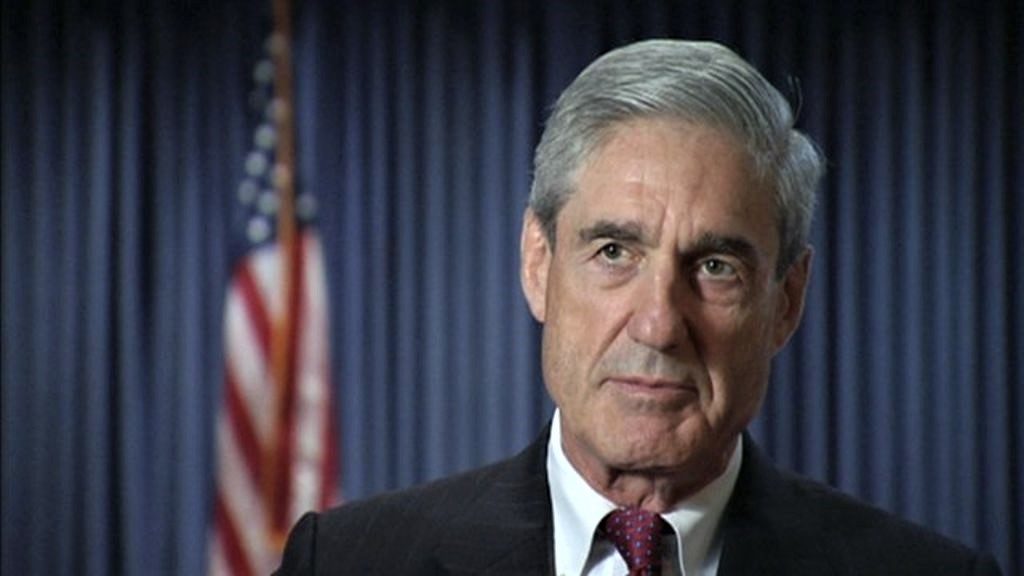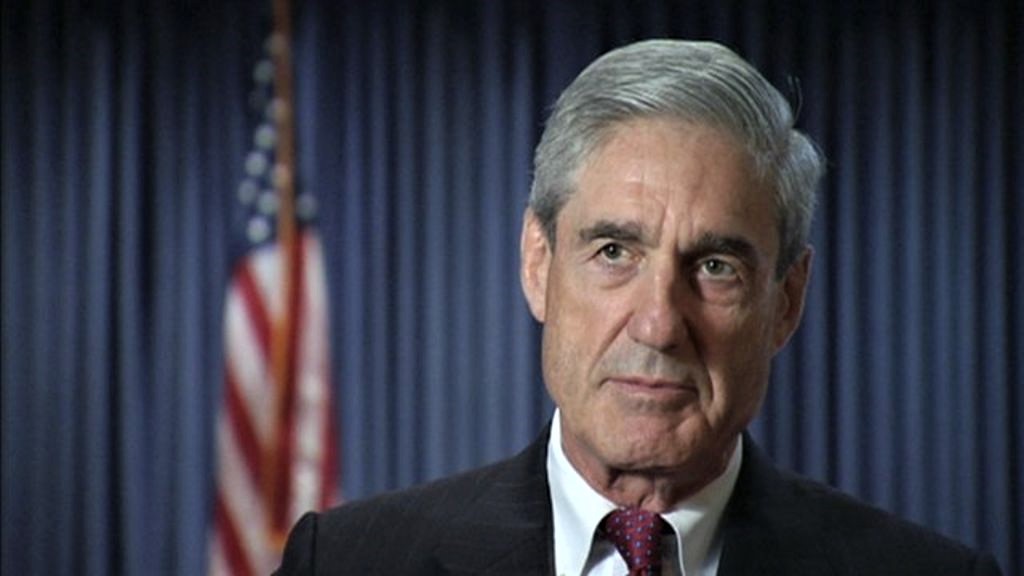“There is in every one of us, even those who seem to be most moderate, a type of desire that is terrible, wild, and lawless.” ― Plato, The Republic

Republican Senator Mitt Romney summarizes my disposition after reading the Mueller report:
“I am sickened at the extent and pervasiveness of dishonesty and misdirection by individuals in the highest office of the land, including the President. I am also appalled that, among other things, fellow citizens working in a campaign for president welcomed help from Russia.”
However, I was more troubled by the video of Trump supporters that accompanied the Romney quote.
This is no longer about Republicans versus Democrats. This is about right versus wrong; it’s about a President who continues to recklessly see himself above honesty and the law.
With all his abuses of power, President Richard Nixon was ultimately held accountable, not only by Democrats but by his fellow Republicans. It was, in fact, the Republican uprising that led to Nixon’s resignation when his misconduct became too much to bear for a party that carried the mantle of law and order.
Sadly, most of today’s Republicans remain silent, minimize Trump’s behavior, or chalk it up as a fight against a phony “Deep State” conspiracy, aided and abetted by conservative cable news pundits.
Despite Congressional Democrats calls to see the full report, the unredacted sections indicate overwhelming deceit by the president and his campaign.
The report is divided into two volumes: volume one examines the links between Russia and the 2016 Trump campaign; volume two considers potential obstruction-of-justice by the President. (Key sentences are italicized.)
The introduction to volume one makes one fact unambiguously clear:
“The Russian government interfered in the 2016 presidential election in sweeping and systematic fashion. Evidence of Russian government operations began to surface in mid-2016. In June, the Democratic National Committee and its cyber response team publicly announced that Russian hackers had compromised its computer network. Releases of hacked material – hacks that public reporting soon attributed to the Russian government – began that same month. Additional releases followed in July through the organization WikiLeaks, with further releases in October and November.”
The evidence establishes that “a Russian entity carried out a social media campaign that favored presidential candidate Donald J. Trump and disparaged presidential candidate Hillary Clinton. Second, a Russian intelligence service conducted computer-intrusion operations against entities, employees, and volunteers working on the Clinton Campaign and then released stolen documents. The investigation also identified numerous links between the Russian government and the Trump Campaign.”
In breathtaking detail, the report lists the extent of Russian involvement in hacking, dissemination of stolen e-mails and spreading false information. Clearly, the American electorate has and continues to be vulnerable to manipulation by a variety of lies and misinformation from Russian actors, particularly on social media.
However, while “the investigation did not establish that members of the Trump Campaign conspired or coordinated with the Russian government in its election interference activities,” the report does not completely absolve campaign officials of untoward actions as the reports states in a final summary of volume 1.
“The investigation did not always yield admissible information or testimony, or a complete picture of the activities undertaken by subjects of the investigation. Some individuals invoked their Fifth Amendment right against compelled self-incrimination and were not, in the Office’s judgment, appropriate candidates for grants of immunity. …
“Even when individuals testified or agreed to be interviewed, they sometimes provided information that was false or incomplete…”
The last two graphs specifically call out the campaign’s behavior to destroy or hide potentially damaging information.
“Further, the Office learned that some of the individuals we interviewed or whose conduct we investigated—including some associated with the Trump Campaign—deleted relevant communications or communicated during the relevant period using applications that feature encryption or that do not provide for long-term retention of data or communications records. In such cases, the Office was not able to corroborate witness statements through comparison to contemporaneous communications or fully question witnesses about statements that appeared inconsistent with other known facts.
“Accordingly, while this report embodies factual and legal determinations that the Office believes to be accurate and complete to the greatest extent possible, given these identified gaps, the Office cannot rule out the possibility that the unavailable information would shed additional light on (or cast in a new light) the events described in the report.”
What about Trump’s written responses to the Special Counsel’s questions?
Trump said he did “not recall,” “remember,” or “have an independent recollection” more than 30 times. (This from a man who claims to have “one of the great memories of all-time.”)
Mueller found Trump’s written responses “inadequate.”
Why didn’t the Special Counsel push harder for an interview with Trump?
“We made that decision,” the report says, “in view of the substantial delay that such an investigative step would likely produce at a late stage in our investigation.
“We also assessed that based on the significant body of evidence we had already obtained of the president’s actions and his public and private statements describing or explaining those actions, we had sufficient evidence to understand relevant events and to make certain assessments without the president’s testimony.”
Far from the President’s claim of “total exoneration,” the report shows a presidential campaign that was willing to do whatever it took to win the 2016 election, including contact with Russian agents.
While Mueller did not find evidence that met the legal definition of “conspiracy or coordination,” the level of deceit propagated by Trump and campaign officials was stunningly unethical.
Mueller referred 14 additional matters to other U.S. attorneys, indicating that there is likely more to come.
By the way, despite President Trump’s continues cacophony about collusion, Special Counsel Muller makes one point clear:
“In evaluating whether evidence about collective action of multiple individuals constituted a crime, we applied the framework of conspiracy law, not the concept of ‘collusion.’ ” [Page 2]
Comments











